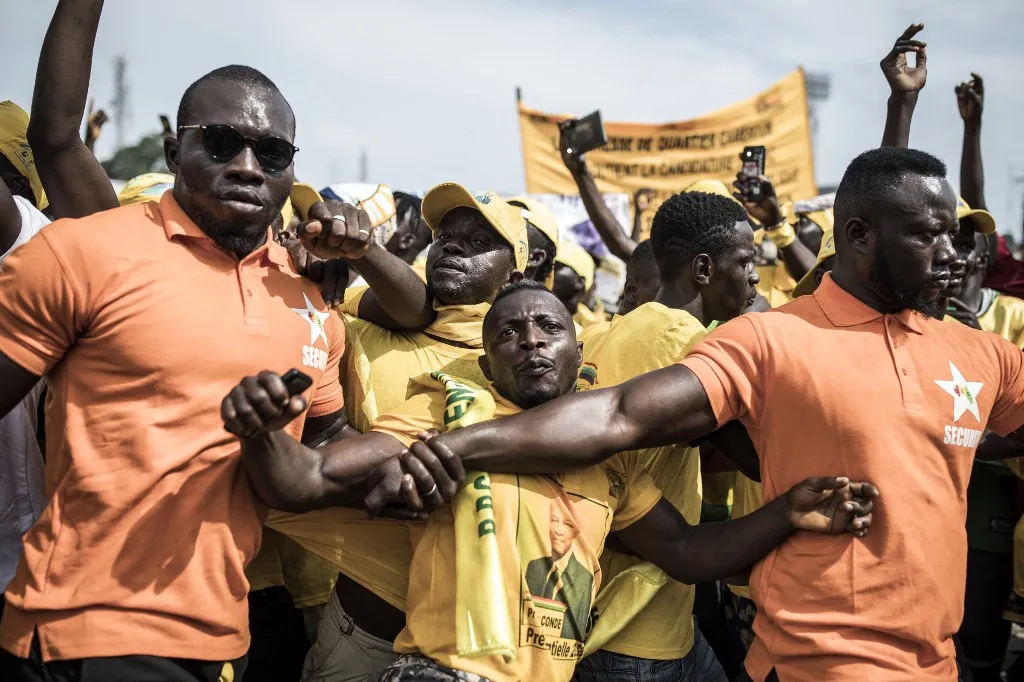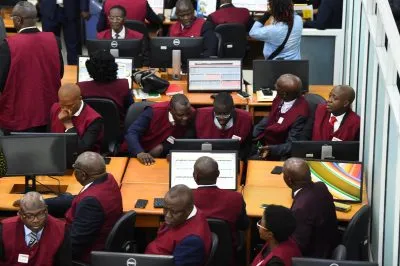Over the past year, Covid-19’s dominance of the headlines has eclipsed other important issues plaguing African societies. One of these is the dramatic election violence stalking several African nations in early 2021. Election violence poses an urgent threat to African security and prosperity which must be taken as seriously as the pandemic.
In the first two months of 2021 alone, dozens of protesters were killed in Uganda (January), an opposition candidate was shot in Benin (February) and two were killed in a separate incident in April. Seven election officials were killed by a landmine in a jihadist stronghold in Niger in February, while at least two were killed in a skirmish in Chad as security tried to arrest opposition candidate Yaya Dillo (February), leading another candidate to withdraw from the race the very next day.
The constant deluge of Covid-19 news must not detract from the present and urgent threat of election violence to democracies on the continent.
We believe Covid-19 may have increased the risk of electoral violence in four key ways: facilitating clampdowns on political opposition, fueling the proliferation of disinformation, worsening economic fragility and delaying elections.
Firstly, while there is a clear need for lifesaving measures such as social distancing, Covid-19 has also presented authorities with excuses to clamp down on public assembly and political opposition under the pretext of controlling the pandemic.
Too often, a heavy-handed and selective approach has been deployed, with dissidents arrested and protests being violently suppressed. This does nothing to prevent election violence. Such measures simply inflame feelings of injustice and send a message that peaceful avenues of political opposition are closed.
Secondly, the spread of misinformation from official sources is dissipating trust in African institutions. From Madagascar’s claim to have found a miracle cure to Covid-19, despite there being no scientific evidence for its effectiveness, to Tanzania’s late President John Magufuli erroneously casting doubt on the effectiveness of vaccines, authority figures have too often eroded trust by spreading misinformation on Covid treatments. At election time, leaders who have alienated their populations with false claims during the pandemic may find their audience less receptive when they seek to refute misinformation or appeal for post-electoral calm.
This distrust has been magnified with the spread of ‘fake news’ being used as a pretext for censoring free speech.
The International Press Institute recorded a total of 77 media freedom violations linked to Covid-19 coverage in Africa. Bloggers have been arrested, journalists beaten, and newspapers threatened with bankruptcy – none of which bode well for placating the root causes of election violence.
Thirdly, African economies have been weakened by the economic fallout from the pandemic. Closed factories, export markets in recession and disrupted supply chains mean that some economies are facing contractions as large as 7.8% of GDP. The World Bank estimates that 40m Africans could be pushed into extreme poverty due to Covid-19, with evidence suggesting a link between poverty and election violence.
To make matters worse, inflows of overseas development aid to Africa fell by 1% last year according to the OECD, and may dwindle further if donor countries’ make further cuts to international aid to pay for their domestic pandemic responses.
Finally, Covid-19 has delayed a large number of elections. According to the International Institute for Democracy and Electoral Assistance (IDEA), no less than 14 votes have been postponed over the last year in Africa. This causes delays and disruptions in security planning for African governments who are already finding themselves stretched by devoting precious resources to tackling the pandemic. It also means that the African electoral calendar is particularly dense, with the next few months of 2021 bringing 11 presidential contests and 5 legislative elections. The sheer quantity of elections risks stretching thin mechanisms of international support for peaceful electoral processes.
With crucial upcoming elections in Ethiopia and Zambia, the need for a dual focus on both Covid-19 and the dangers election violence poses to African democracy and economies, is both vital and urgent.
Camille Forite, PhD is a French elections specialist with a focus on Africa and Latin America. She has worked for the OSCE and the United Nations. Ben Graham Jones is a British consultant on electoral assistance, election observation methodology, and disinformation mitigation. He has worked on 16 elections for organisations including the EU and the OSCE.
Want to continue reading? Subscribe today.
You've read all your free articles for this month! Subscribe now to enjoy full access to our content.
Digital Monthly
£8.00 / month
Receive full unlimited access to our articles, opinions, podcasts and more.
Digital Yearly
£70.00 / year
Our best value offer - save £26 and gain access to all of our digital content for an entire year!
 Sign in with Google
Sign in with Google 



